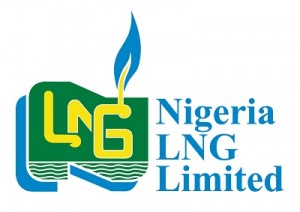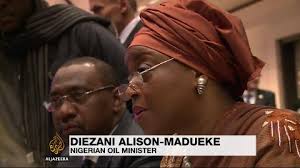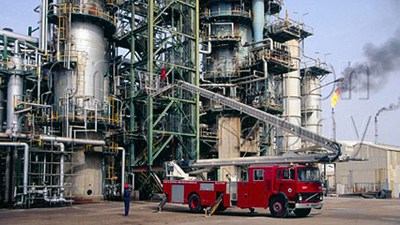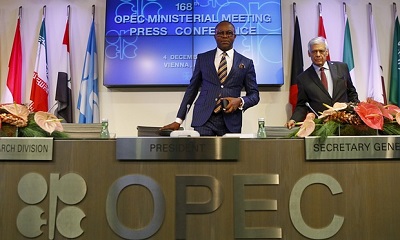LNG exports reach $US85bln
 Nigeria Liquefied Natural Gas Company Limited (NLNG), a joint venture between the government and foreign oil giants, has generated some $US85 billion ($A108.97 billion) from exports since its inception 15 years ago.
Nigeria Liquefied Natural Gas Company Limited (NLNG), a joint venture between the government and foreign oil giants, has generated some $US85 billion ($A108.97 billion) from exports since its inception 15 years ago.
Chief executive Babs Omotowa describes the revenues as a “success story”, saying the company had realised its billions from exports to Europe, America and Asia.
NLNG, set up to harness Nigeria’s vast natural gas resources and produce liquefied natural gas for export, has also paid billions of dollars to the state in tax, Omotowa told reporters in Lagos.
“Just a few days ago, we paid $US1.6 billion ($A2.05 billion) to the government as tax and this will go a long way to assist the new government in solving some of its problems,” he said.
The new administration of President Mohammadu Buhari, who became the first Nigerian to oust a sitting president in democratic elections in March, is facing a severe economic crunch.
About 20 of the country’s 36 states are unable to pay workers salaries.
Omotowa said the company had paid $US30 billion ($A38.46 billion) in dividends to its shareholders over the years, including the government, which owns a 49-per-cent stake through the Nigerian National Petroleum Corporation (NNPC).
NLNG’s other shareholders are Anglo-Dutch oil major Shell, which owns 25.6 per cent, Total LNG Nigeria, a subsidiary of French oil giant Total which owns 15 per cent, and Italy’s Eni, which has 10.4 per cent.
Omotowa said plans were afoot to expand the NLNG plant in Finima on Bonny island, in the oil and gas-rich southern Rivers state, by 2017.
“With six trains (production units) currently operational, plans for building Train 7 that will lift the total production capacity to 30 million metric tons per annum of LNG are currently progressing,” he said.
He said Train 7 would cost an estimated $US12 billion ($A15.38 billion), create 18,000 construction jobs and bring in an additional $US3 billion ($A3.85 billion) in annual exports when operational.
Nigeria currently exports 22 million metric tons of LNG, making it the world’s fourth largest LNG exporter.
Liquefied natural gas, which is created by cooling natural gas and transforming into liquid for transport on tankers, represents around nine per cent of global gas demand.








